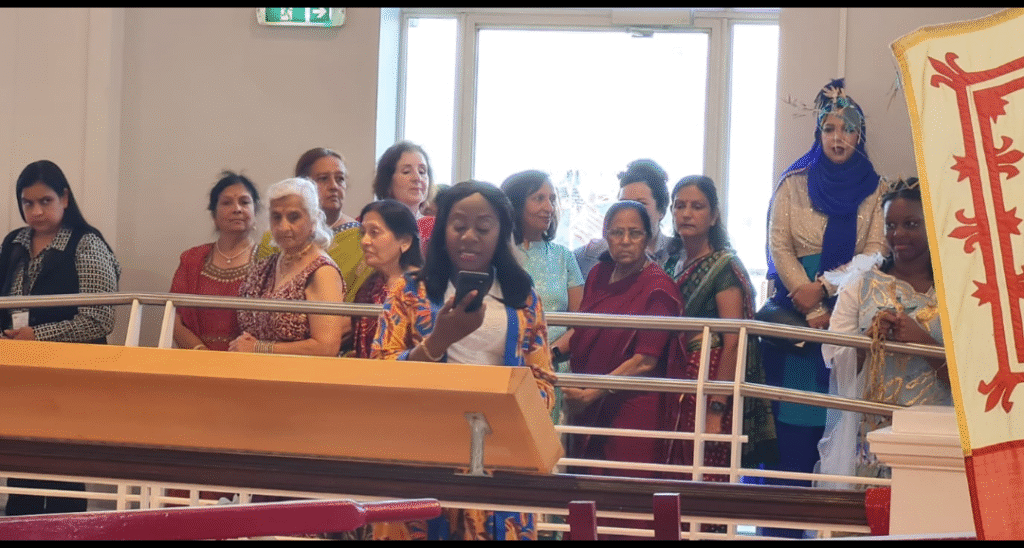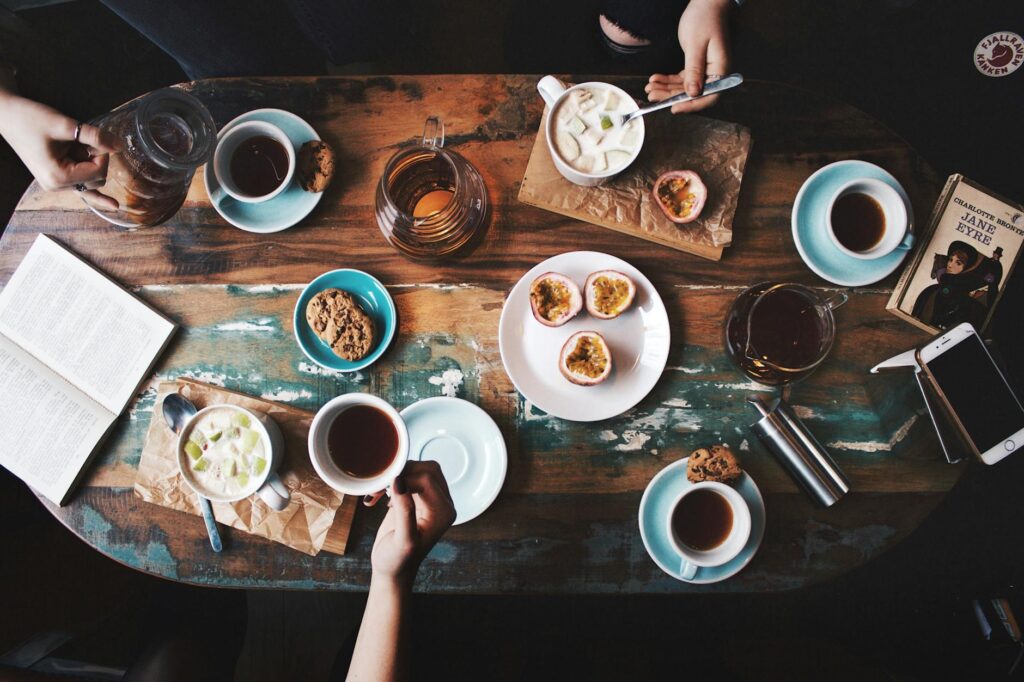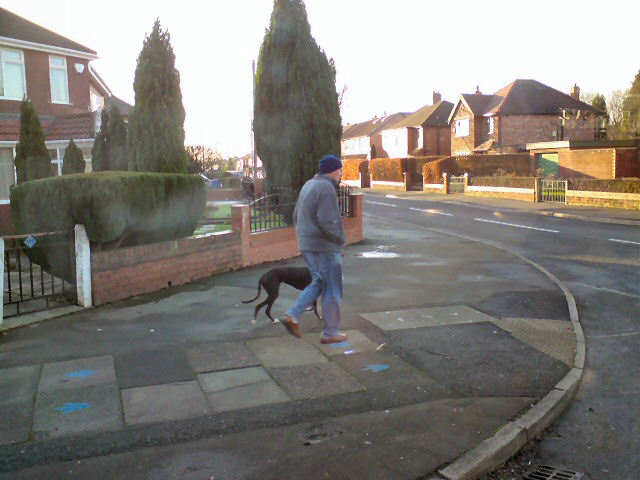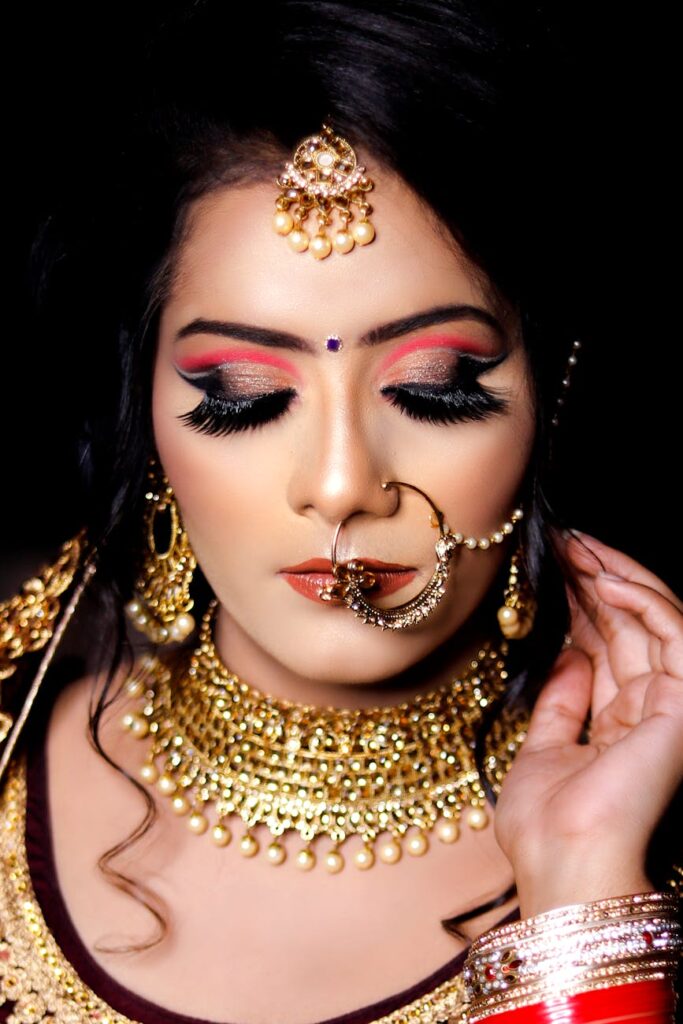The Day Joseph Lost Everything: A Story of Favouritism, Sibling Rivalry, and Survival
What else is there to read about Joseph, right? Wrong. Come with me. Joseph as prime minister is only the ending of the story. What about the beginning? From Favoured Son to Slave: The Day Joseph Lost Everything Joseph’s story is often told as a tale of triumph – the slave boy who became a […]
You Can Never Walk Alone

Dear Diary, My neighbour died today. Alright, not this one downstairs who gave me the bike. A neighbour across the street. Yes, that first house in the street, the white one. No, not all the houses in this street are white. I do not know yet if it is the him or her. The funeral […]
Finding Community Abroad

What does community mean to you? Where can you find people who vibe with you, especially in a foreign land? Read this post I shared about an experience. I am sharing with you, a free link to this story on Medium. https://medium.com/spoon-sizzle/how-a-carer-brought-a-slice-of-home-to-me-9539854274ea?sk=7b6f4319785f54e681b987ee9fc0ee25
Fragments of Truth: The Risk of Incomplete Narratives

When cancer blocked my brain with Chemo fluids, I was too associated to see the rainbow hiding behind the clouds.
Of Ships, Sailors, Figureheads and Migrants –

Breaking free of the chains in the quest for freedom
What Are The Differences Between Nigeria & The UK?

I was ten years old the first time a sandstorm raged through our house in Sokoto state.
The Bastard of Istanbul

I met Elif Shafak by happenstance. No appointments. Not aware she existed until that morning.
Hey Man! Why Are You Not Sleeping?

My Neighbour is out strolling the streets at 3am
Stop Telling Me How Friendly Your Dog Is — Just Muzzle It!

I am an African, We don’t do dogs. But how would you know that if you
The Refugee Woman And Her 24k Gold – 2

How this Indian woman reminded me of what truly matters
